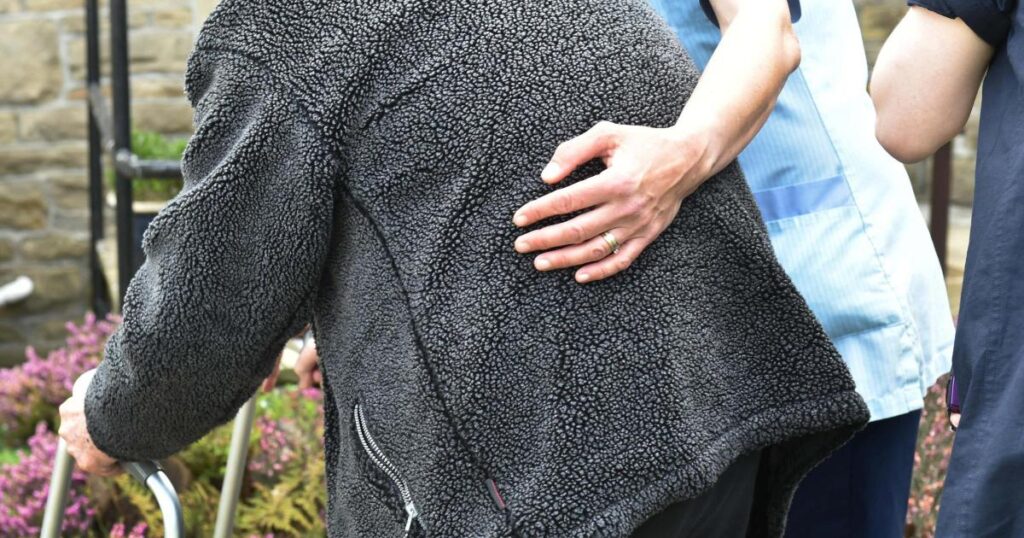The Scottish Government proposed to shift accountability for providing social care to ministers and create local bodies that would be responsible for administering care.
But serious opposition from political parties, local authorities and trade unions resulted in the plans being ripped out of the Bill despite around £30 million being spent on its development.
The name of the Bill was eventually changed to the Care Reform (Scotland) Bill and it was passed with the support of 116 MSPs on Tuesday.
Speaking about the failed proposals for the creation of a National Care Service, Scottish Tory health spokesman Dr Sandesh Gulhane said: “Let’s not pretend we’ve arrived at this moment by design.
“We’re here because of yet another SNP policy that promised the world and delivered a fiasco.
“The now defunct National Care Service Bill was once hailed as the most significant reform to health and social care since the creation of the NHS.
“But, in reality, it was a half-baked plan dreamt up by ministers, clearly in an ivory tower that was dead in the water before the ink had dried on the first draft.”
While Scottish Labour deputy leader Jackie Baillie said: “The way we care for our most vulnerable is more important than party politics.
“That is why Scottish Labour committed to help the Scottish Government deliver such a service, but as I warned at the time, the devil would be in the detail.”
The Scottish Government, Ms Baillie claimed, “attempted a power grab”.
“Four years later, three first ministers later, three health secretaries later and £31 million later and what we have before us is a drastically reduced Bill with not a National Care Service in sight, and not a single extra penny of that money going directly to social care,” she added.
Despite the changes, social care minister Maree Todd said the Government remained committed to the creation of a National Care Service.
The remaining provisions will implement changes to the existing care system, the biggest of which has been dubbed “Anne’s Law”.
The change will allow family and friends to be named as “essential care supporters” and require care homes to facilitate visits from them in all but the most extreme circumstances.
The proposals grew from a Scottish Parliament petition by Natasha Hamilton, who was unable to visit her mother Anne Duke in her care home during the pandemic, ultimately missing her death.
Speaking in Holyrood on Tuesday, Ms Todd praised the work of campaigners for Anne’s Law, some of whom were watching proceedings from the public gallery.
“I have been profoundly impacted by the conversations that I have had with them,” she said.
“The emotional harm and trauma that they and their loved ones and many others suffered from being unable to see one another for such long, isolating periods during the pandemic must be acknowledged to make sure that this never happens again.”
As well as Anne’s Law, the legislation will also give unpaid carers the right to take breaks.




